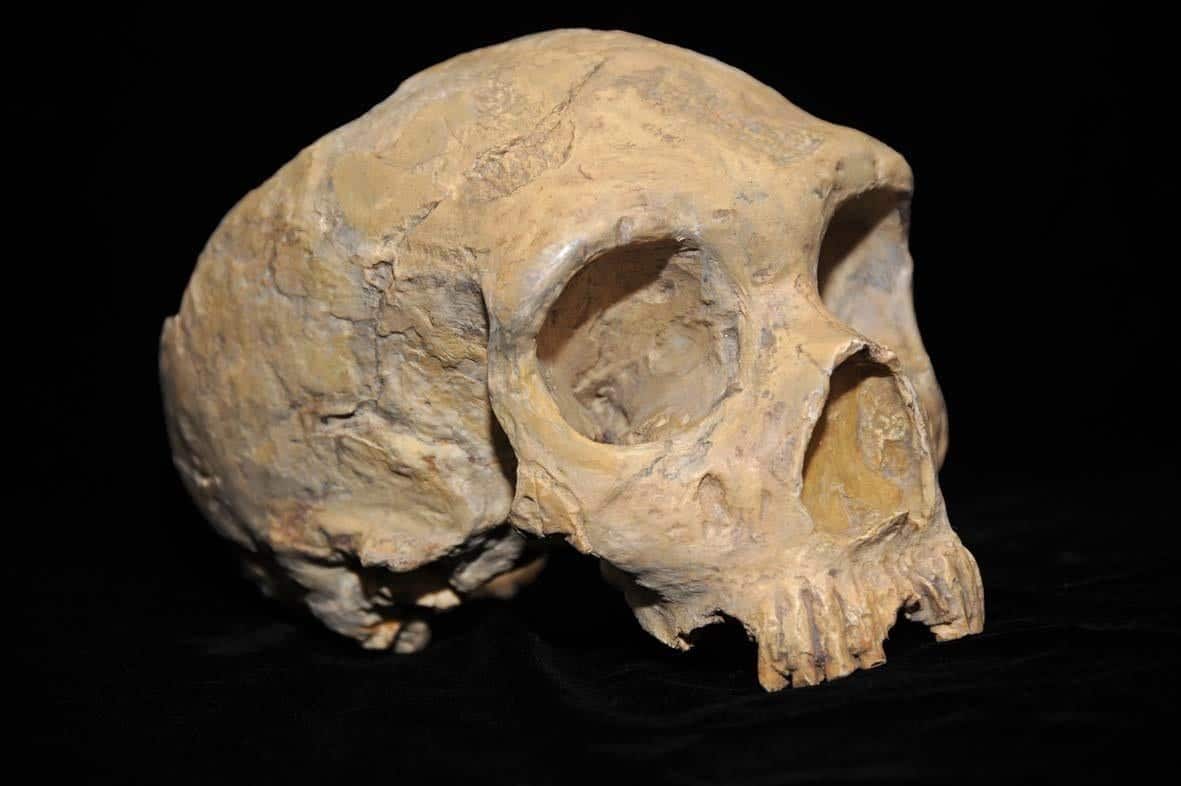A researcher at the University of Colorado Denver has found that Neanderthals in Europe showed signs of nutritional stress during periods of extreme cold, suggesting climate change may have contributed to their demise around 40,000 years ago.
Jamie Hodgkins, a zooarchaeologist and assistant professor in the Department of Anthropology at CU Denver, analyzed the remains of prey animals and found that Neanderthals worked especially hard to extract every calorie from the meat and bones during colder time periods. Her results were published in the Journal of Human Evolution last week.
Hodgkins examined bones discovered in caves once inhabited by Neanderthals in southwestern France for marks demonstrating how the carcasses of deer and other animals were butchered and used for food. During colder, glacial periods, the bones were more heavily processed.
In particular, they showed higher frequencies of percussion marks, indicating a nutritional need to consume all of the marrow, probably signaling reduced food availability.
“Our research uncovers a pattern showing that cold, harsh environments were stressful for Neanderthals,” said Hodgkins. “As the climate got colder, Neanderthals had to put more into extracting nutrients from bones. This is especially apparent in evidence that reveals Neanderthals attempted to break open even low marrow yield bones, like the small bones of the feet.”
These findings further support the hypothesis that changing climate was a factor in Neanderthal extinction.
“Our results illustrate that climate change has real effects,” said Hodgkins. “Studying Neanderthal behavior is an opportunity to understand how a rapidly changing climate affected our closest human relatives in the past. If Neanderthal populations were already on the edge of survival at the end of the Ice Age, the increased competition that occurred when modern humans appeared on the scene may have pushed them over the edge.”







